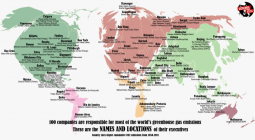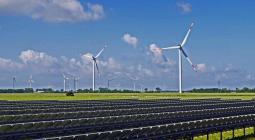Cat videos, online porn branded ‘an ecological disaster’.

Clicking through videos on YouTube, watching porn online or binge-watching shows like Game of Thrones are growing threats to climate goals, according to a French study published on Thursday (11 July).
Global warming emissions generated through online video viewing have reached an alarming level, according to a study by The Shift Project, a French think tank.
In 2018, 300 million tons of CO2 were emitted this way. This is about the annual carbon dioxide emissions of Spain or 1% of global emissions, the researchers say. And the vast majority of it is entertainment.
“This report shows that most of the videos that make up 80% of Internet traffic are consumed for entertainment or advertising,” said Hugues Ferreboeuf of The Shift Project.
According to the study, 21% of these entertainment or advertising videos are found on streaming platforms such as YouTube. Another 34% are so-called videos on demand, for examples broadcast film or series on platforms as Netflix or Amazon Prime.
An additional 18% are videos hosted and shared on social networks, whereas a further 27% are pornography.
“While our current consumption patterns are directly responsible for our inability to reduce our carbon footprint, we still tend to baulk at the idea of changing them,” said Hugues Ferreboeuf.
“Challenging our digital behaviour is not only desirable, but possible in the face of climate emergency.”
The Shift Project suggests limiting video streaming to one hour per day (explained ironically in a video) and calls for more “digital sobriety” – less of Game of Thrones, cat videos and porn as well as replacing technical devices less frequently to help reduce global emissions.
“To be ‘sober’ on the level of our society is therefore to reinvent our uses so that they are compatible with climate constraints,” said the study’s lead author, Maxime Efoui-Hess.
In addition to changing individual behaviour, new Europe-wide legislation and a change in how video platforms are designed are needed. Features, like autoplay or embedded videos, which aim to maximise video consumption should be limited, according to the think tank.
“If we are to be serious about the energy transition, we have to take into account the growing impact of the digital sector,” added Matthieu Auzanneau, The Shift Project’s Executive Director.
16 July 2019





